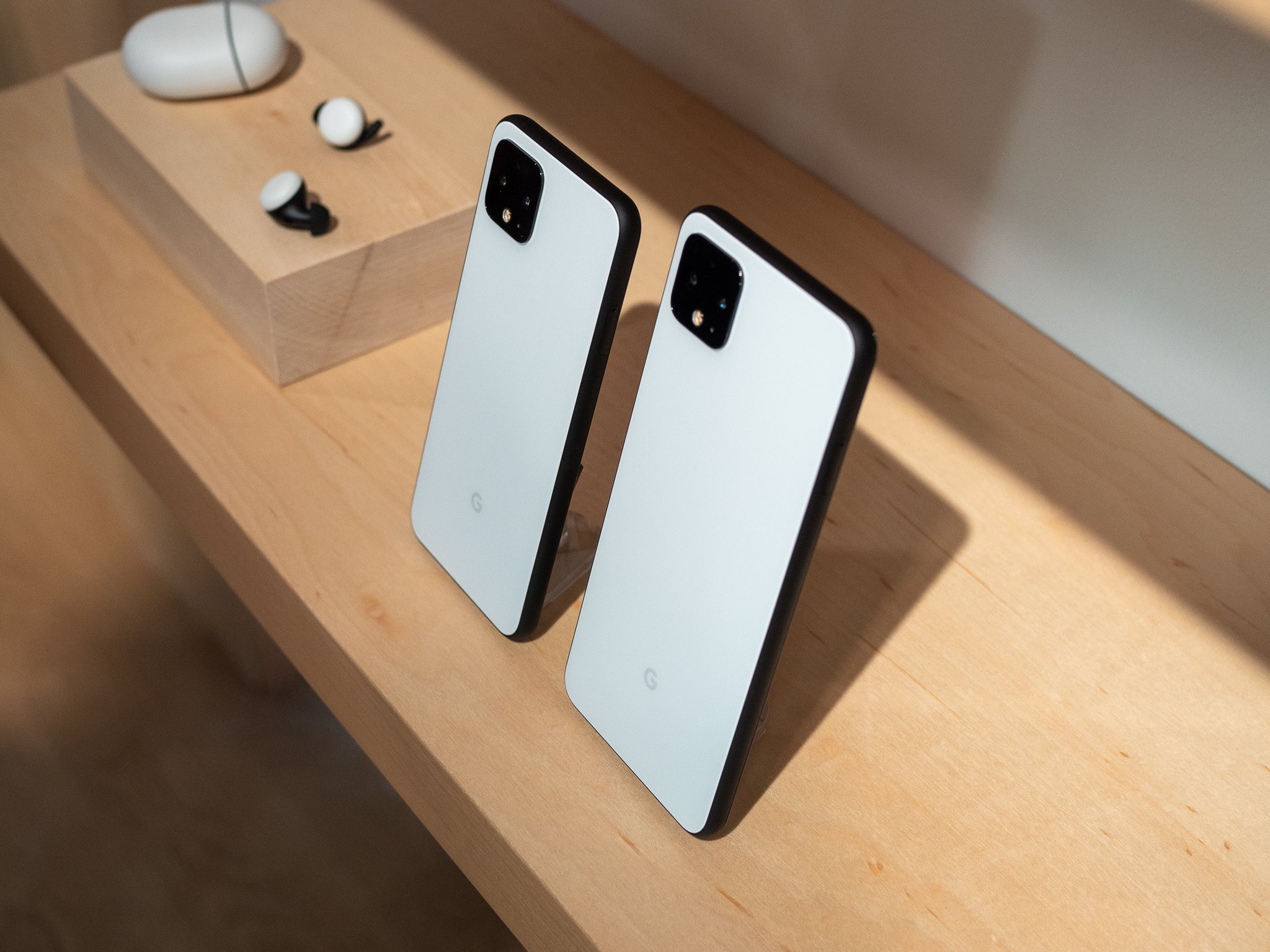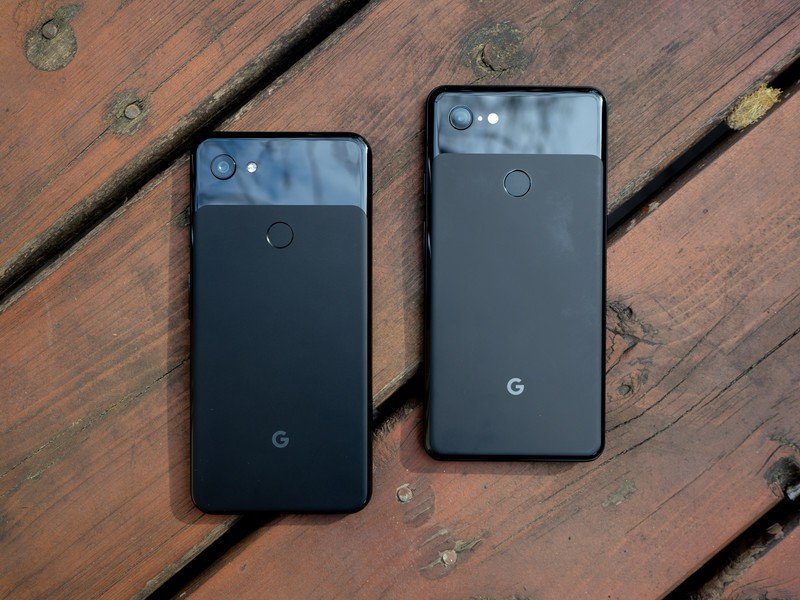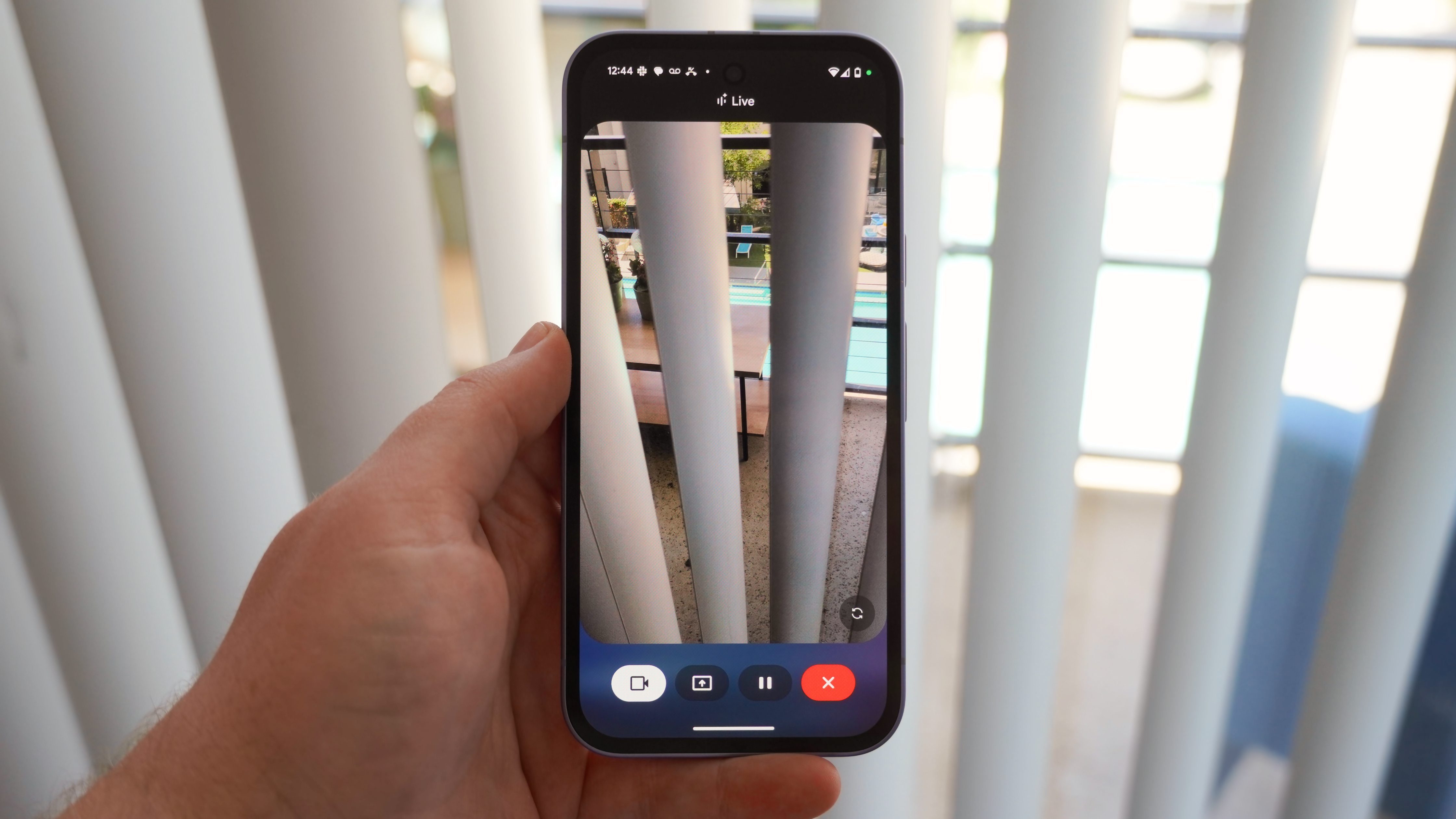Going cheaper with the Pixel 5 may be Google's best chance at finally selling phones

It's no secret among tech followers that Google's Pixel line doesn't sell anywhere near the numbers that the big-name competition does. The Pixel 3a and 3a XL are the only exception, and even still, the "high" sales are only relative to their underperforming siblings. As a constant observer of phones in the wild, when I see a Pixel in the hands of a regular person is a notable occurrence.
With flagships getting really expensive, Google has an opportunity to change its positioning in 2020.
The reasons why that's the case are numerous and continuously debated, but what's clear is that the Pixels typically have prices mismatched to what they offer on a spec-for-spec and feature-for-feature comparison to the high-end competition. In 2020, Google has an opportunity to change its price positioning and actually sell some phones this year. Rumor has it that the Pixel 5 will run on a Qualcomm 765G platform, rather than the latest 865 that's in everything else, which leads to speculation that the phone will be "mid-range" rather than a proper flagship like the first four generations of Pixels have been.
But what does the processor speed mean nowadays anyway? We shouldn't necessarily be worried that the Pixel 5 will all of a sudden be a lackluster phone built to a low price point just because it doesn't have the latest-and-greatest chip from Qualcomm.

As we've all noticed, high-end phones are getting really expensive. When budget phones still cost around $300, but flagships like the Galaxy S20 now start at $1000, there's a big gap in the middle where Google can play. Frankly, it could launch the Pixel 5 and 5 XL at the same $800 and $900 as the 4 and 4 XL and already be cheaper than the high-end competition.
But what if, by choosing a lower-priced platform and maybe cutting back on superfluous extras like Motion Sense, it's able to shave that to $700 and $800? Price would all of a sudden become a differentiator for the Pixel, rather than a detriment as it's historically been. All while still giving it breathing room above an expected Pixel 4a mid-year. It's a space few have played in, but where OnePlus has flourished.
I went through this thought process when I got my hands on the LG V60 a couple months ago. It goes roughly head-to-head with the Galaxy S20+ but trims in a few critical areas to hit a much lower price point. At $800 to $950, depending on the carrier (and Dual Screen accessory), the V60 is $200-400 less than the S20+ — at that sort of discount, you can have very few complaints about the V60's shortcomings in a handful of areas. Not every phone has to have every spec or feature — it just has to have a compelling combination of qualities that justify its price.
Google doesn't have to go 'cheap,' it just needs to offer a compelling value.
The Snapdragon 765G is no slouch, even if it isn't Qualcomm's biggest and best platform — and it includes 5G connectivity, too. Chances are most people wouldn't have any idea they were using a "cheaper" processor, and Google's never been one to chase specs or benchmarks with its phones in the first place — just look at the lower-than-most RAM and storage in every Pixel (and back to the Nexus) release. There's far more to a phone than the individual spec sheet line items, and so long as the performance holds up — as it has in my experience with the Pixel 4 — there should be little to worry about.
Be an expert in 5 minutes
Get the latest news from Android Central, your trusted companion in the world of Android
2019 was easily Google's best year for phones, with the Pixel 3a and 3a XL providing exceptional value and the Pixel 4 and 4 XL getting much closer to being completely worth their price with far fewer compromises than their predecessors. We like to parrot the line that Google just can't figure out the phone business, but in reality, it has a lot of good fundamentals, and it just isn't quite there.
Google just needs to mostly stay on the same course and come to its senses on pricing and features to offer a more compelling value with the Pixel 5. This isn't about Google's next phone being cheap or lower quality, and which processor is in the phone simply doesn't matter as much as we'd like to think. It has to get the whole package right, at the right price — and this could be its best chance yet at actually selling a significant number of phones.
Andrew was an Executive Editor, U.S. at Android Central between 2012 and 2020.

